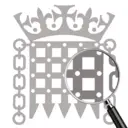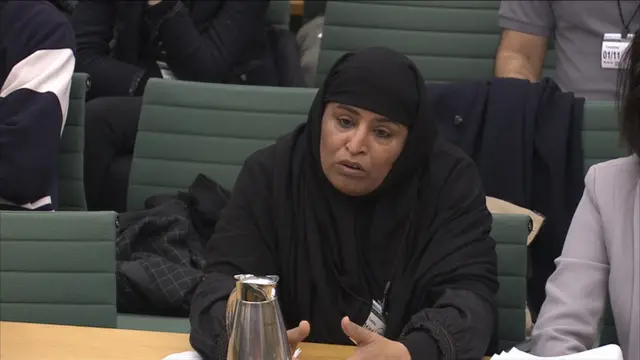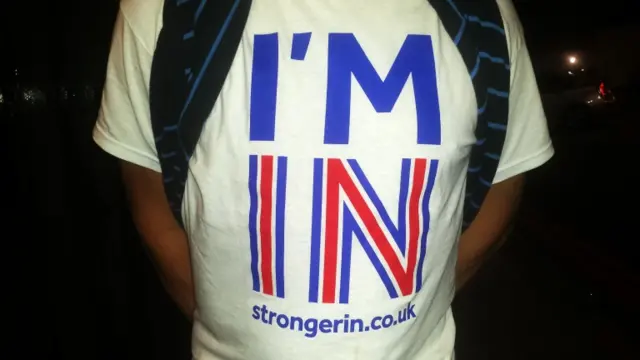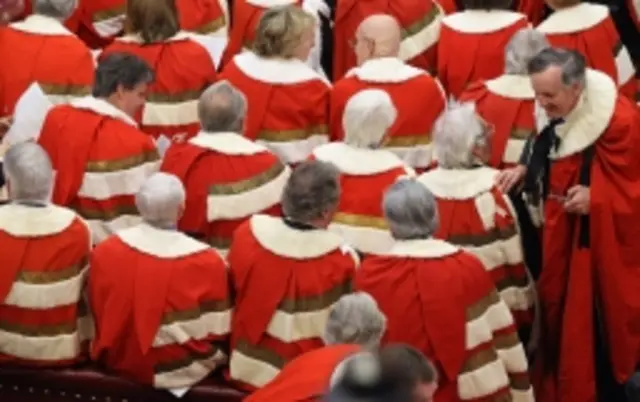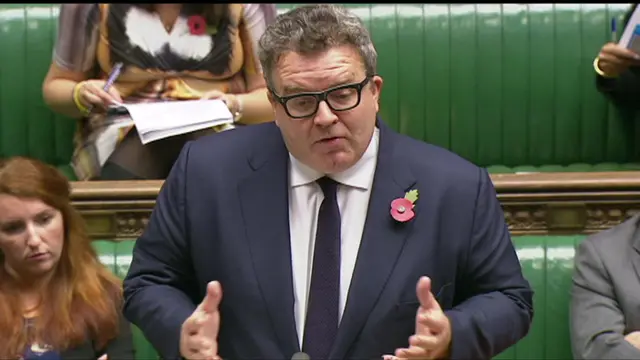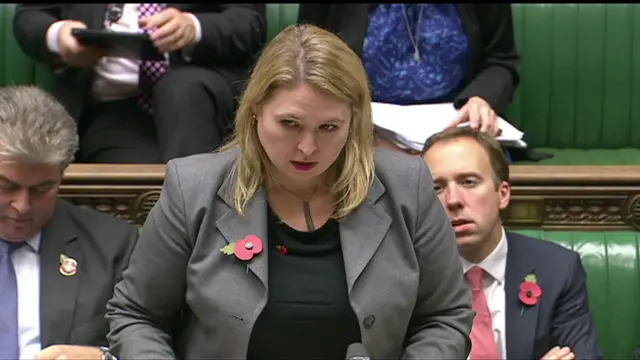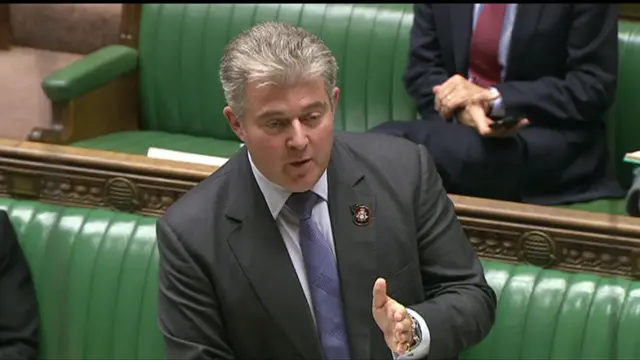Lessons from EU referendum: Matthew Elliott's viewpublished at 14:38 GMT 1 November 2016
By Alice Thompson, BBC political producer
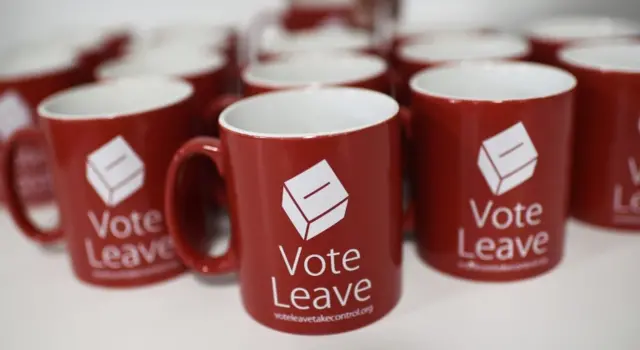 Image source, Reuters
Image source, ReutersThe former Chief Executive of Vote Leave, Matthew Elliott, has said campaign rules on spending during the EU referendum created a "clear" disparity between the two sides.
Giving evidence to the Public Administration and Constitutional Affairs Committee on lessons learned following the referendum, Mr Elliott said that despite both campaign groups having controlled spending, the fact political parties were able spend more on top of that, combined with the fact that more parties supported Remain, created a "clear spending disparity”.
During his evidence to the committee, Mr Elliott also criticised the length of time it took to designate the official campaign groups for both sides. He said it created budget and cash flow problems for Vote Leave, as they didn't know whether they'd be spending £7m, or £700,000.
He also suggested that the timing of the designation "so late in the day" was useful to the government, in that it tied up both Leave campaigns with preparations for the official designation, rather than working out how to compete with the Remain side.
Mr Elliott's other criticism of the Government's role during the Referendum campaign included the use of its own machinery to push the case for Remain. He asked the committee to imagine the government producing Treasury reports during the 2020 General Election saying the "economy would go to ruin" if Jeremy Corbyn was elected - or using taxpayers money to send out leaflets criticising the opposition.
Mr Elliott took particular umbrage at the Treasury's role in the campaign. He said it produced two "highly partisan reports" in support of Remain that he believed "really undermined the credibility of the Treasury in quite a big way". He said it meant there were now "lots of voters out there who can't trust Treasury forecasts going forward."
Mr Elliott was also forced to defend the campaign's claim that the NHS would benefit from an extra £350m in the event of Brexit. He said the issue was about controlling how taxpayers' money was spent. He said that at the next election, when the UK would most probably have left the EU, it would be up to electors to decide how that "brexit divided" would be spent. Vote Leave hoped it would be spent on the NHS, he said.
